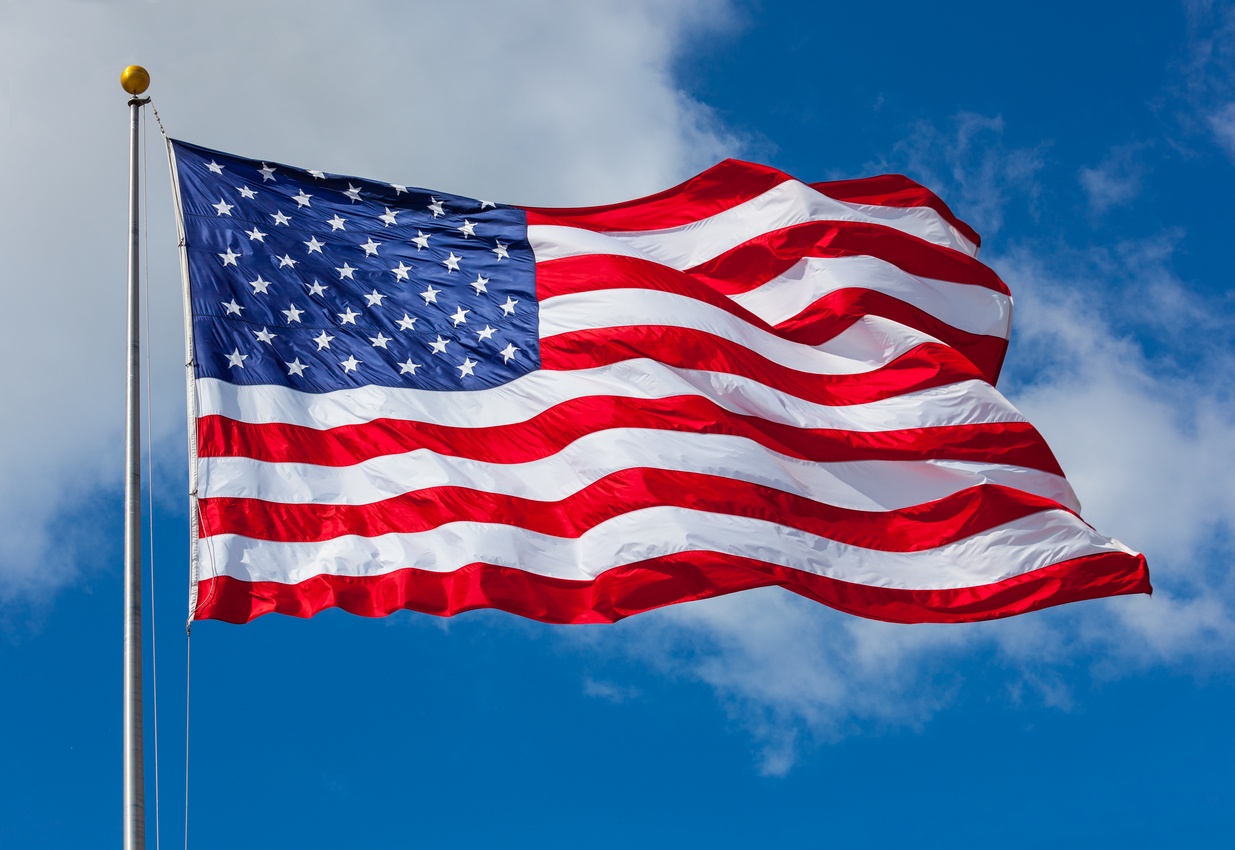
Voting in America. Shifting Tides.
Americans have reached a new high in support for having presidential elections based on the popular vote instead of the Electoral College. As Americans, we expect our voices to be heard, our views to be respected, and our votes to truly count. It’s easy to see that something is broken in American politics.
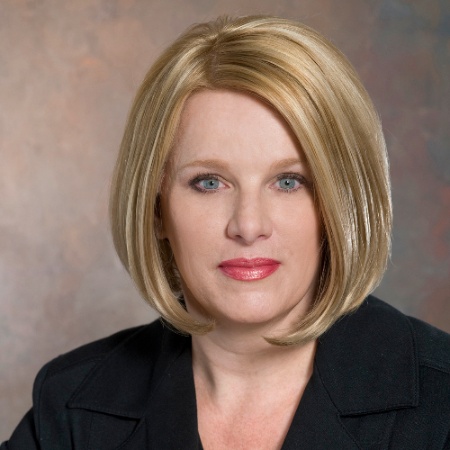
Americans have reached a new high in support for having presidential elections based on the popular vote instead of the Electoral College.
THE NUMBERS
WHY AREN’T PEOPLE VOTING?
How do we make our votes count?
As outlined by the Constitution and currently practiced on a state-by-state basis, each state awards all of its electoral votes to the U.S. presidential candidate who wins the most votes in that state. Because of these state winner-take-all statutes, presidential candidates have no reason to pay attention to the voters’ concerns or issues in states where the statewide outcome is a foregone conclusion. Two-thirds (273 of 399) of the general-election campaign events in the 2016 presidential race were in just 6 states (Florida, North Carolina, Pennsylvania, Ohio, Virginia, and Michigan). 94% of the 2016 events (375 of the 399) were in 12 states (the 11 states identified in early 2016 as “battleground” states by Politico plus Arizona). This fact validates the statement by former presidential candidate and Governor Scott Walker of Wisconsin on September 2, 2015, when he said that “The nation as a whole is not going to elect the next president. Twelve states are.” State winner-take-all statutes also adversely affect governance. “Battleground” states receive 7% more federal grants than “spectator” states, twice as many presidential disaster declarations, more Superfund enforcement exemptions, and more No Child Left Behind law exemptions.
What can we do?
The most popular idea is for states to coordinate to assign their electors to the winner of the national popular vote. Amending the constitution to change the way we elect the president would be difficult. It requires a two-thirds vote by the House and Senate and support from three-fourths of state Legislatures. However, improving the way the Electoral College works does not require a constitutional amendment. The National Popular Vote Interstate Compact, an effort that is gaining steam, is an agreement among several U.S. states and the District of Columbia to award all their respective electoral votes to whichever presidential candidate wins the overall popular vote. The total number of electors is 538, so once states with a total of 270 electoral votes (a majority) join the compact then the next presidential election will be determined by the popular vote, not the Electoral College. Currently, 12 states and the District of Columbia — which add up to 172 electoral votes — have passed laws to join the compact. So, 98 more electoral votes are needed before it can go into effect. The compact has been passed by blue states, and some experts say it is unlikely that enough red or purple states will sign on to get to the required 270 electoral votes. Battleground states such as Florida might be the most disinclined to join something because they are heavily courted under the current system. Our voting system should not be about states in close races getting better treatment, more financial assistance or even raking in money on all the campaign events. This bill ensures that every vote, in every state, will matter in every presidential election while still preserving the Electoral College and state control of elections.

Are you going to be 18 on or before January 5, 2021? Make History – Vote!
Are You Going to Be 18 On Or Before January 5, 2024? Make History - Vote! (Comprehensive voting information is below). Are you tired of the way politics play out and often don’t make effective or lasting change? Do you want to be represented by a Senator who will get...

Our Vote. Our Future.
Our Vote. Our Future.Our Country is in Chaos. We Must Unite this Great Nation. American workers have been the backbone of this country. They have sacrificed for this country. They built this country and have even died for this country. Too often their role has been...
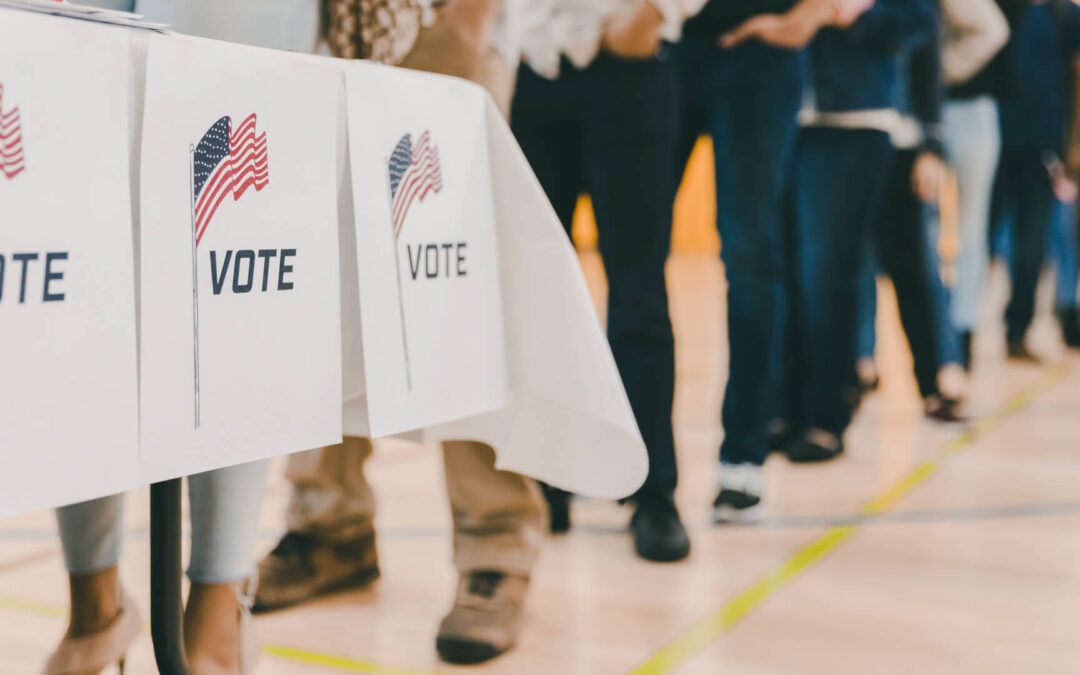
Does My Lone Vote Matter? Yes, ONE vote has changed history!
Does My Lone Vote Matter? Yes, ONE vote has changed history! One of the most common reasons people give for not voting in elections is that they feel their lone vote doesn’t make a difference. History, however, shows otherwise—especially when it comes to presidential...
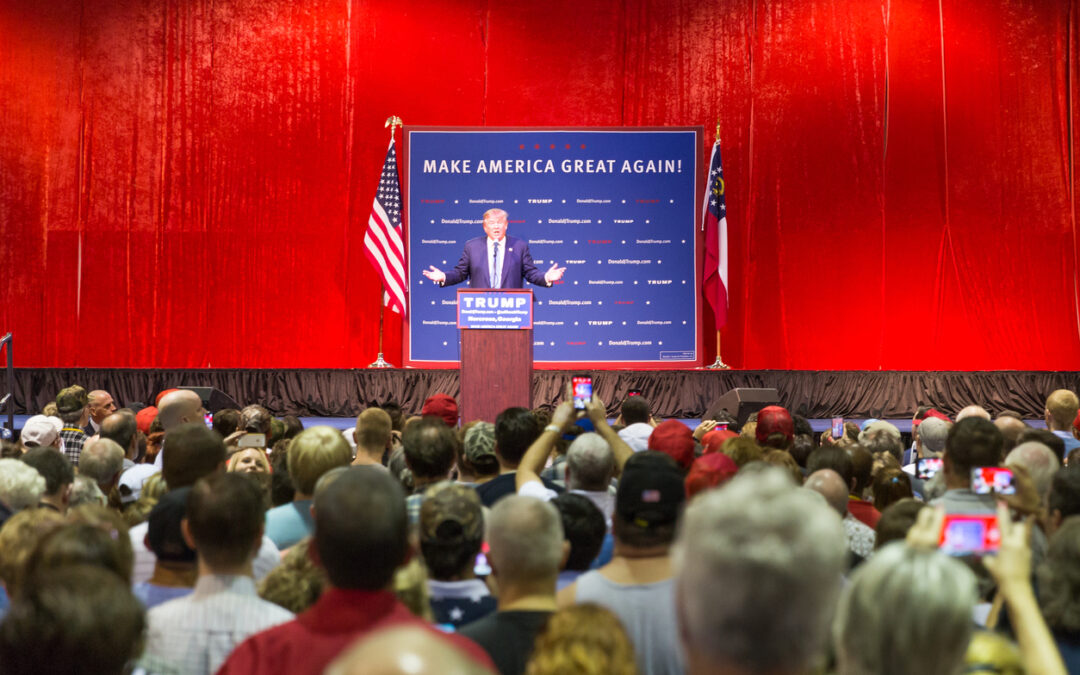
Does President of the United States Have Too Much Power?
Does President of the United States Have Too Much Power? Questions about whether the US president has too much power have been raised regularly since America’s very first days. Are you concerned that President Trump may have gone too far in overstepping his boundaries...

Your vote matters. Find out the impact your vote has!
Your vote matters. Discover the impact your vote has! OnPoint Facts What can you do to help reduce our global plastic waste? Other Voting Articles
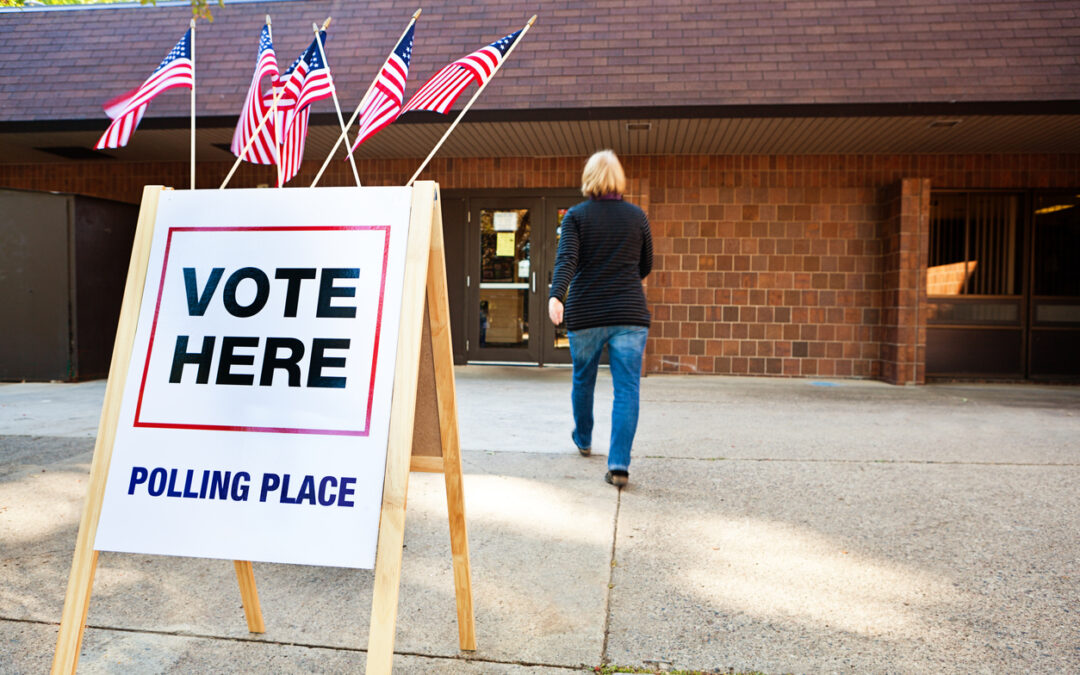
Ranked-Choice Voting might fix America’s dysfunctional politics
Voters should be able to vote for candidates they support; not just vote against candidates they oppose most. With ranked choice voting, you can rank candidates in order of choice without concern of how others will vote and who is more or less likely to win.

Are you registered to vote? Check your polling place here!
Are Your Registered to Vote? Check your polling place here!Voting in the United States is complicated, especially with different registration and voter deadlines from state-to-state. But there are may resources available to help you make sure you are registered, find...

